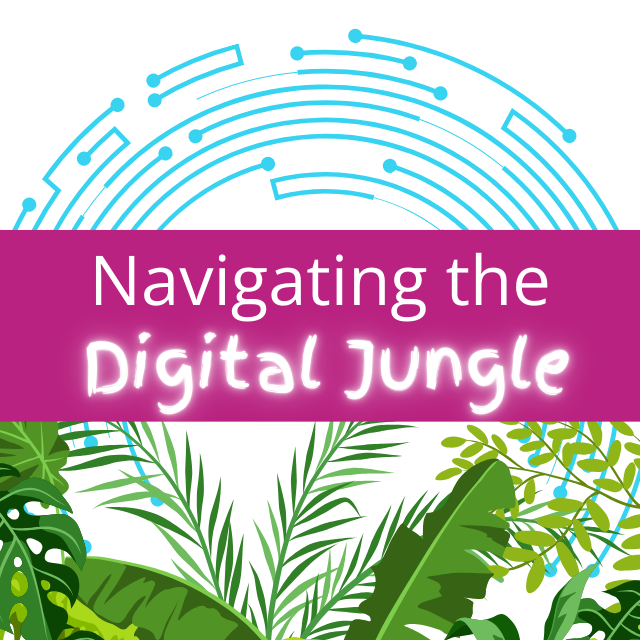
Artificial Intelligence is everywhere—whether it’s Alexa answering a question, YouTube suggesting the next video, or ChatGPT helping with homework. For parents, it can feel overwhelming to know how to explain this new technology to children of different ages. But one message is important to keep at the centre of every conversation: AI is a tool, not a person. It doesn’t have feelings, it doesn’t understand like humans do, and it doesn’t always get things right.
That reminder helps children build a healthy perspective, avoiding both blind trust and unnecessary fear. Here’s how to talk about AI with kids of all ages, with ready-made scripts you can adapt at home.

Early Years (3–6) – Keep It Simple & Magical
At this stage, children are curious and imaginative. They may see Alexa or Siri as “friends,” so it’s important to explain the difference.
Tip: Focus on what AI does (helpful tool) rather than what it is (complex tech).
Script:
- Child: “Alexa is my friend.”
- Parent: “Alexa can answer questions, but she’s not a person and she can’t be a real friend. She doesn’t have feelings like you and me. She’s like a talking tool that helps us, but we still need people for love and friendship.”

Primary (7–11 years) – Encouraging Critical Thinking
Children in this age group are asking more “why” questions and starting to use search engines and recommendation systems.
Tip: Encourage curiosity but stress that AI isn’t always right.
Script:
- Child: “Google knows everything.”
- Parent: “Google is clever, but it doesn’t know everything, and it can make mistakes. Think of it like a really big library. It’s a tool to help us find information, but we need to check if it’s true and use our own brains too.”

Tweens (11–13 years) – Spotting Limits & Bias
Tweens are more independent online, often using AI for schoolwork or games. This is the time to highlight that AI gives “best guesses,” not facts.
Tip: Show how AI learns patterns, but also how it can make mistakes.
Script:
- Child: “ChatGPT said this is the right answer.”
- Parent: “AI can give answers, but it doesn’t always get them right. It doesn’t understand like people do—it just guesses based on patterns. That’s why it’s important we double-check and decide for ourselves what makes sense.”

Teens (14–17 years) – Responsibility & Ethics
Teenagers see AI woven into social media, school, and sometimes creative work. The big issue here is values and ethics.
Tip: Frame AI as powerful but needing human judgment.
Script:
- Teen: “It feels like AI is talking to me like a person.”
- Parent: “Yes, it’s designed to sound human, but remember—it’s not a person. It has no feelings, no conscience, and no life experience. It’s a powerful tool that can help, but it can’t replace your own judgment, creativity, or empathy.”

Young Adults (18+) – Future Thinking
As young people start looking at careers and independence, discussions about AI shift to jobs, responsibility, and the bigger picture.
Tip: Explore career opportunities, creativity, and ethics.
Script:
- Young Adult: “AI seems smarter than people sometimes.”
- Parent: “AI can process huge amounts of information quickly, but it doesn’t actually understand or care. It has no values or feelings. That’s why human responsibility matters—because only people can make ethical choices and bring wisdom to how we use these tools.”
✨ General Parent Tips for Talking About AI
- Ask open questions: “What do you think about that?”
- Encourage curiosity, not fear: AI is powerful, but it’s not magical.
- Model balance: Use AI as a helper, and explain your choices aloud.
- Keep values at the centre: Remind children that kindness, honesty, and empathy are human qualities, not digital ones.
Final Thoughts
AI is going to be a big part of your child’s world, but the way they think about it starts with you. By reminding them that AI is a tool, not a person—and giving them the language to explore its strengths and limits—you help them grow up confident, curious, and equipped to use technology wisely.
AI may sound friendly, but it’s a tool—not a friend or a real person—and it can never feel, think, or care the way people do.

